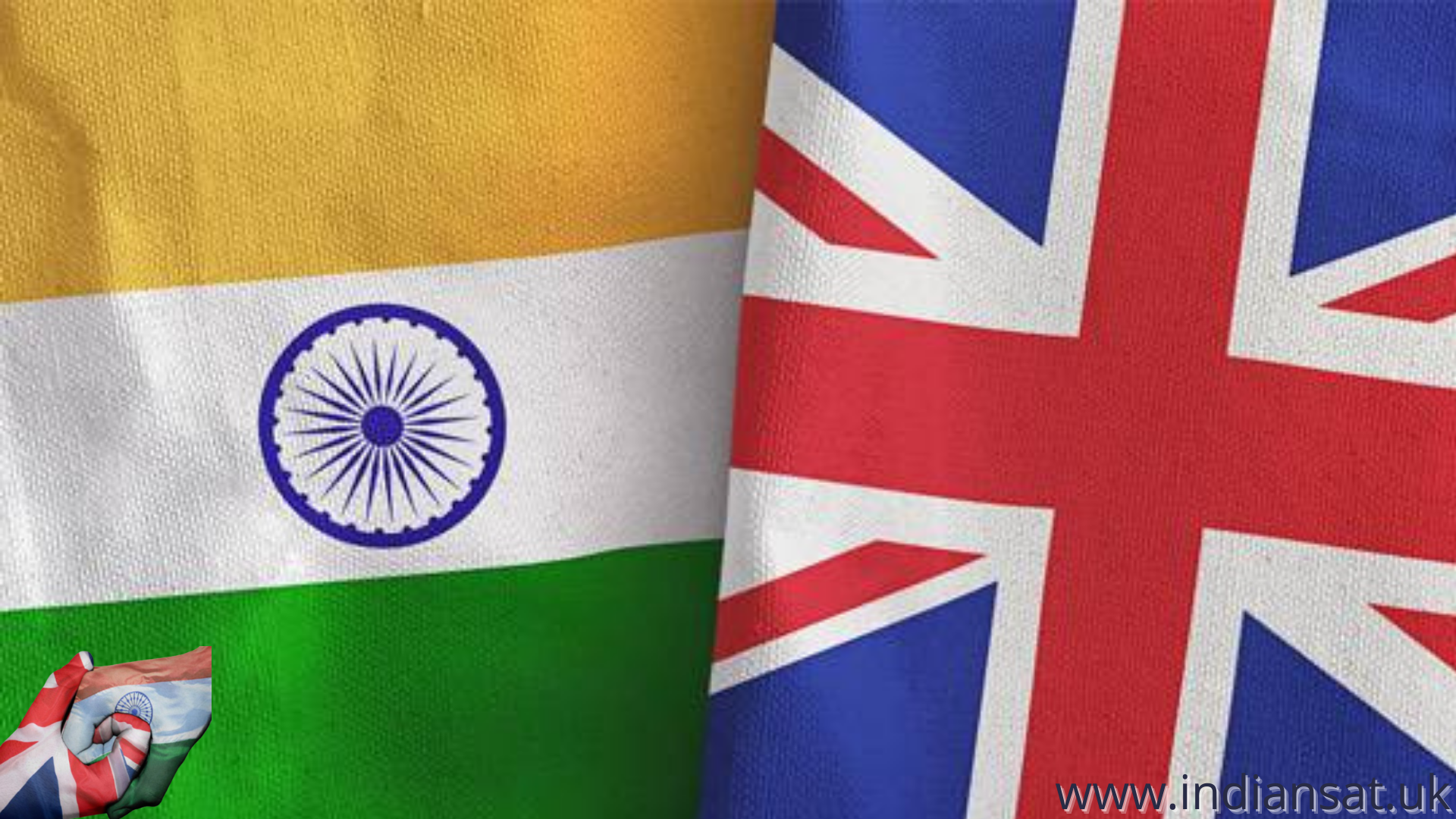India and the UK will gain a lot from each other by exploring the possibility of signing a free-trade agreement (FTA), as the proposed pact can help in catalysing trade and economic growth in these two countries, according to experts. They also stated that right stakeholders should be present at the table from the Indian side while negotiating the free-trade agreement between the two countries.
Speaking at the webinar of the Trade Promotion Council of India (TPCI) on ‘India- UK Free Trade Agreement-linking markets with deepening of the ties’, NITI Aayog Adviser (Industry-I) Ishtiyaque Ahmed said India can explore an FTA with the UK and it should try and leverage this agreement to grow and diversify its exports and attract investment.
“With respect to the UK, an FTA with India will give it access to a large and growing market and an attractive destination for its investments and supply chain diversification,” he said.
Ahmed also said the UK is an important export market for India, and after the signing of the agreement, trade is expected to grow between the countries.
“An FTA with India will also give UK companies an opportunity to diversify their supply chains.
“As we have also seen, supply chain diversification has become an important policy concern post-COVID-19 pandemic and I believe that it is expected to remain one for the foreseeable future,” he said.
Emphasising on the importance of these agreements, he said modern-day FTAs are wide and encompass a wide range of areas, beyond just trade in goods and they also encompass trade in services, investment, intellectual property, and trade remedy measures.
“I believe an FTA between India and the UK would also be wide-ranging in its structure,” Ahmed noted.
Sharing a similar view, Sameer Pushp, director (media and corporate communication) of TPCI, said that for the UK, a free-trade pact with India would not only provide them an enhanced access to one of the largest and fastest growing markets, but also enhance their economic and political influence in the Indo-Pacific region.
Bilateral trade between India and the UK has been more than USD 10 billion per year in the past decade, and the total trade in 2020 stood at USD 12.48 billion, he said.
“Automobiles, chemicals and electronics are the main product categories overlapping India’s export and the UK’s import basket,” Pushp said.
Arpita Mukherjee, professor at the Indian Council for Research on International Economic Relations (ICRIER), said negotiations are key in such agreements and right stakeholders should sit at the table for that.
“We need to diversify the trade negotiations,” she said adding that for the dairy sector, the government should talk to all the concerned stakeholders.
![]()






